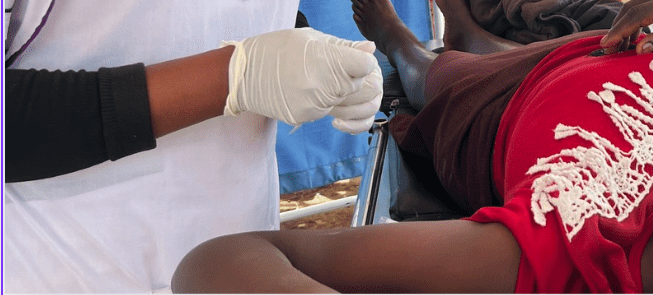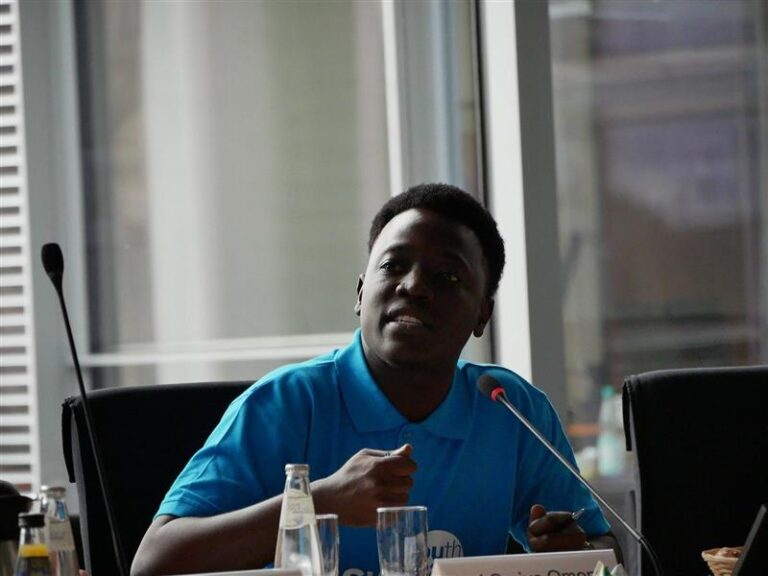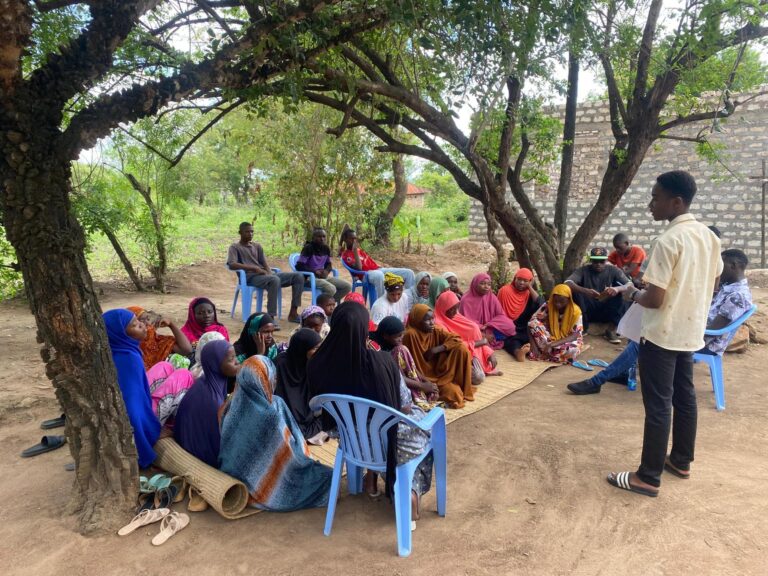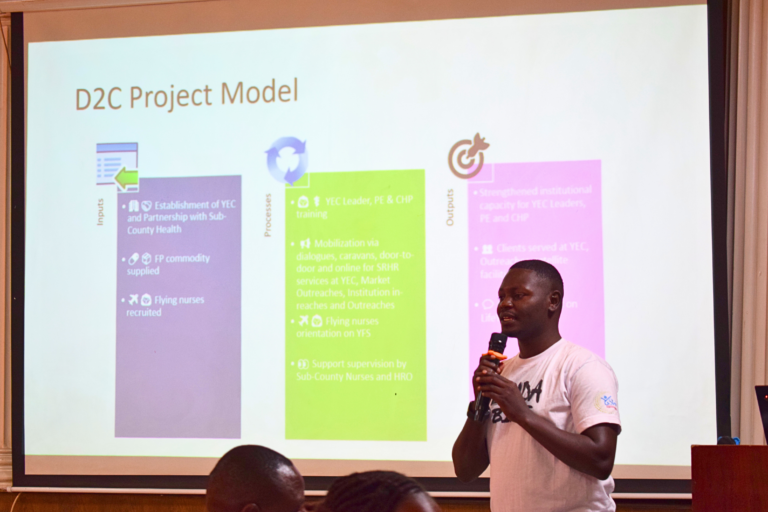Wambui Chose Herself — And Changed Everything
Wambui*, a 23-year-old mother of two from Gatamayu village in Malewa West, had long wanted to use family planning. Her youngest child was just nine months old, and she felt it was time to take control of her reproductive health. But like many young women in her community, Wambui’s desire to plan her family clashed with her partner’s disapproval—a common reality in places where patriarchal norms still dictate women’s health decisions.
When Wambui heard from a Community Health Promoter about an outreach at her local market, she was determined to attend.
She went for the outreach—with her partner in tow. He intended to argue against her receiving contraceptives. But what unfolded changed everything.
In a one-on-one session, the nurse didn’t just speak to Wambui. She invited her partner into the conversation, debunking myths and gently introducing the idea of shared decision-making. For the first time, Wambui’s partner listened. By the end of the session, he supported her decision and encouraged her to choose the method that worked best for her.
Wambui chose a five-year implant.
But more than that, she chose herself. She walked away from that market, not just protected, but empowered—her decision respected, her confidence restored.
Wambui’s story is one of many. Across Kenya, young women face immense barriers to accessing family planning— barriers built from harmful gender norms, misinformation, and lack of reproductive agency.
The Direct to Consumer project is changing that narrative. Through market outreaches, the project brings contraceptive services and counselling directly into remote and underserved communities.




